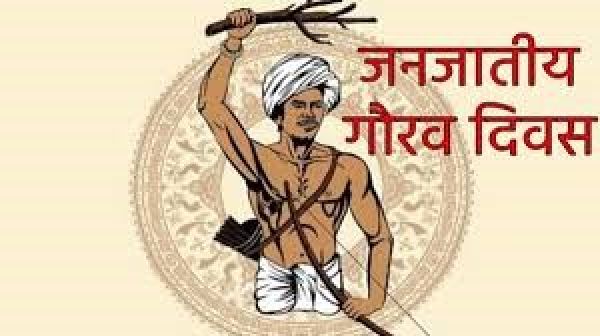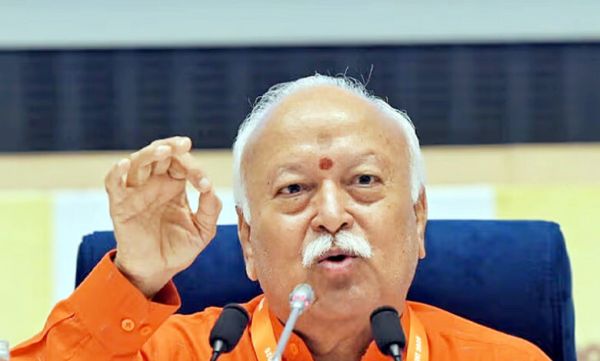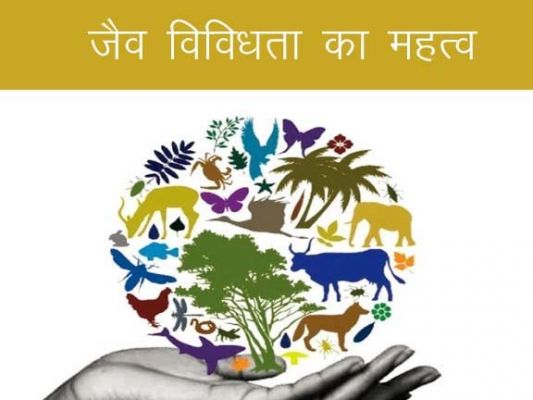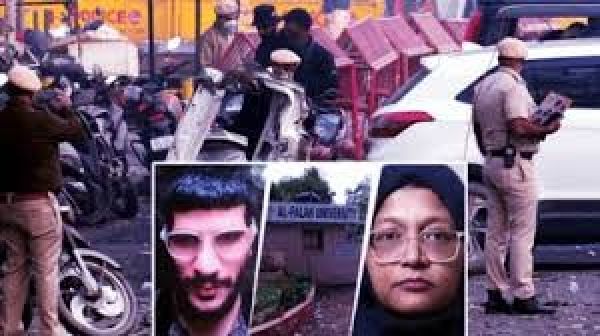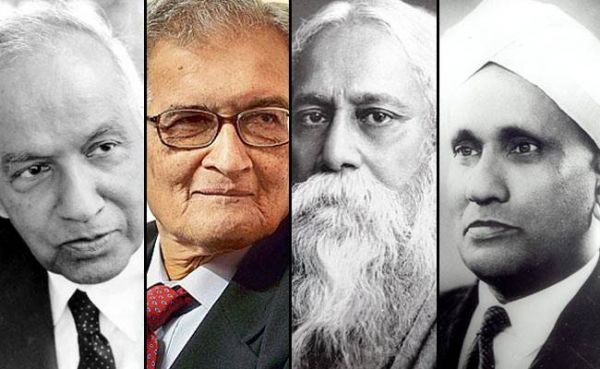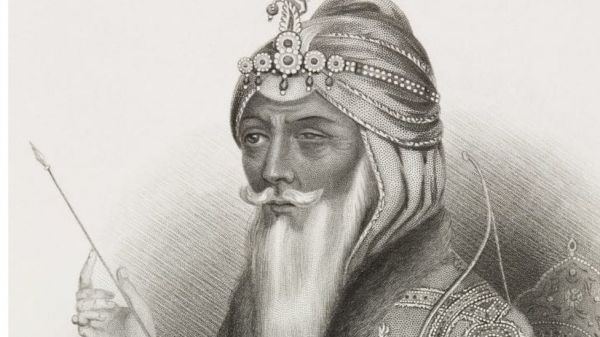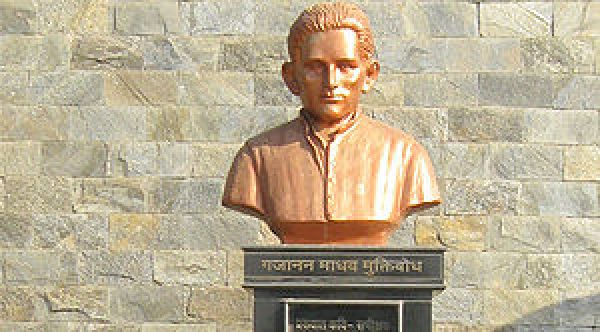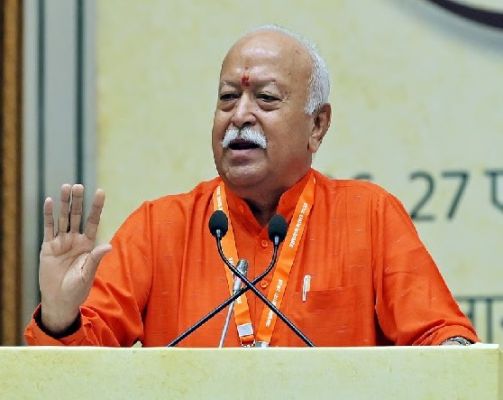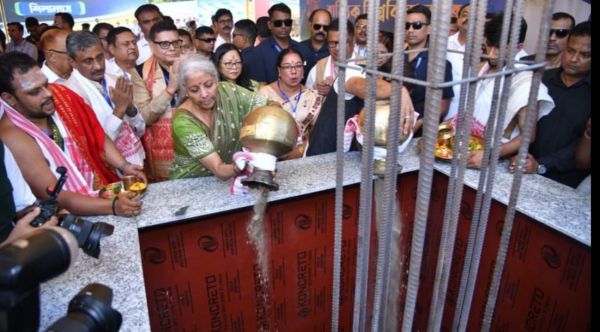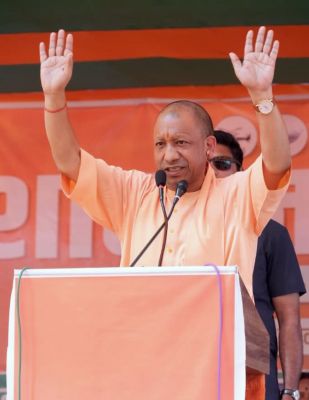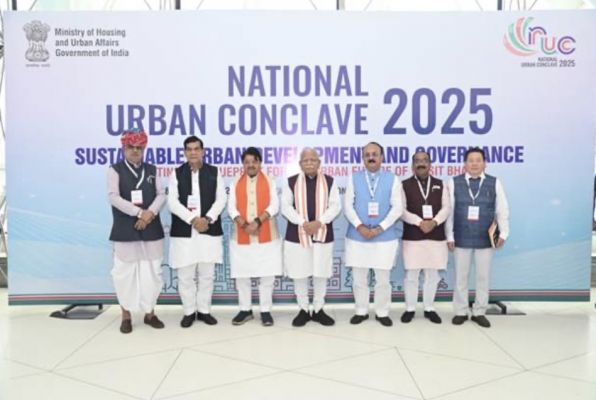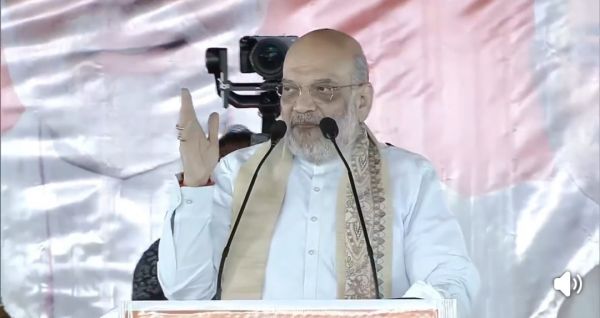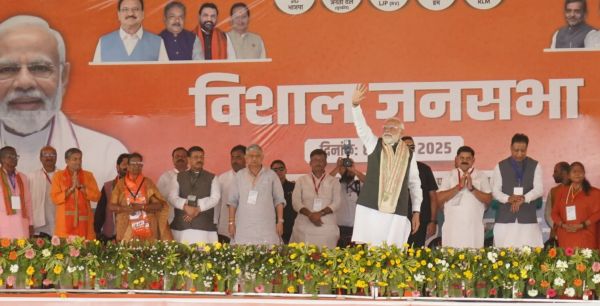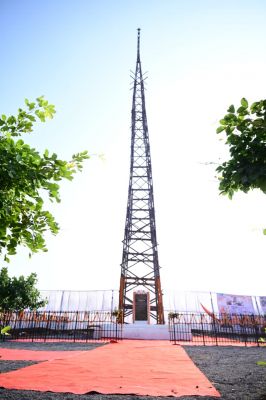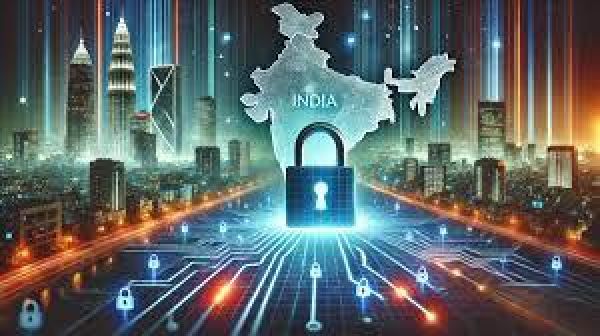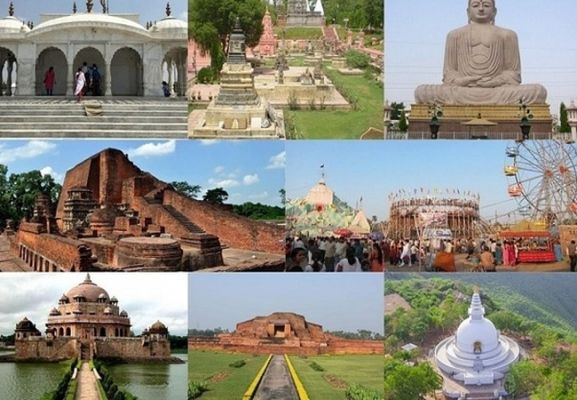Kashmir as a crisis has fallen off our headlines and from the top of our collective minds. Which is precisely the most important change for the better.
This is the third anniversary of the big constitutional changes in the status of Jammu and Kashmir. At the usual journalism schools, among the first things you are taught is the rule of three, or the three-example rule. Which means once you have three pointers in the same direction, your story is established. We are, therefore, looking at three things that have changed for the better since 5 August 2019, three that should’ve happened but haven’t, and three that have got worse.
But why are you going on and on about Kashmir? Who’s even thinking about it anymore, many of you might ask me. Which is precisely the most important change for the better.
If Kashmir has receded in our minds, and the third anniversary of the changes did not even feature on our media headlines or prime time discussions, nor trend on Twitter even for an hour, it means that dramatic — and audacious — move achieved something substantive.
Think about it calmly. For the past 75 years, barring one sizeable interregnum of relative calm between 1972 and 1987, Jammu and Kashmir has only featured on top of our minds and in our headlines as a chronic crisis.
The “our” used here is for public opinion all across India, and especially in Jammu and Kashmir. If it was seen as a perennially troubled zone in the rest of the country, those living in the state were direct victims.
That Kashmir as a crisis has fallen off our minds is the first big, positive change. The ever-looming cloud of Kashmir as a crisis weighed heavily on our politics as an easy connection was made between the Valley, terrorism, separatism, Islam and Pakistan.
It helped one side on our political wrestling mat define the national interest in a particular way. The founder of the Jana Sangh, Syama Prasad Mookerjee, died in Kashmir, mysteriously for his followers, and thereby an eternal martyr for the cause. That is why decades later, in trying to get ahead in the leadership tussle in the BJP, Murli Manohar Joshi led that march in December 1991-January 1992 to unfurl the tricolour in Srinagar. It is besides the point that the face in that historic picture that grew the most in stature from that outing was one young, relatively unknown functionary then, Narendra Modi.
Armed insurrection in Kashmir, with an undeniable Pakistani connection, was built into our pan-national psyche from 1989 on and filtered down into popular culture. It sparked the flurry of the ‘Sunny Deol genre’ in Bollywood where, for the first time, the Muslim was mostly a bad guy, terrorist, and often a Pakistani stooge.
Now, that genre has faded.
Next, barring China and Turkey, almost no other nation of any consequence has even spoken about the Kashmir “issue” in the past three years.
All the Gulf countries, and the Islamic world elsewhere, seem relieved that this doesn’t seem an issue any more. The OIC statements no longer count. Besides other reasons, also because it not only keeps totally silent on the Uyghurs, but also invites the Chinese foreign minister as the most prominent guest at its summit.
And third, Pakistan. Imran Khan made the campaign of his life, but lost out as nobody paid him any attention. He ratcheted up tensions with India, stopped trade, let his economy slide, and today the nation with more nukes than India is praying for an FATF reprieve in the morning and an IMF bailout at night.
That the truce on the Line of Control came about, and has held, tells us that story. There will always be the odd terror attack, but Pakistan, at this point, counts for nothing on the Kashmir issue.
An important upshot of this wide global acceptance of the fait accompli is that the negotiating equation between India and Pakistan has shifted. The Pakistani establishment always believed they would get something by way of a gain if they could force India into negotiations. It was with this hope that they launched every operation, covert or overt, in the past decades. This is now over. No Indian Parliament would ever reverse what’s been done.
BY - THE PRINT




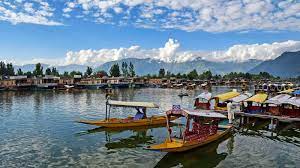
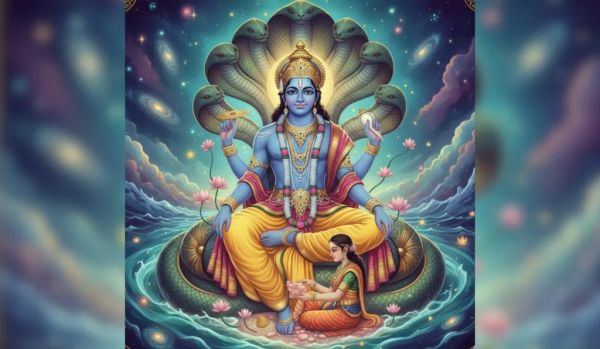
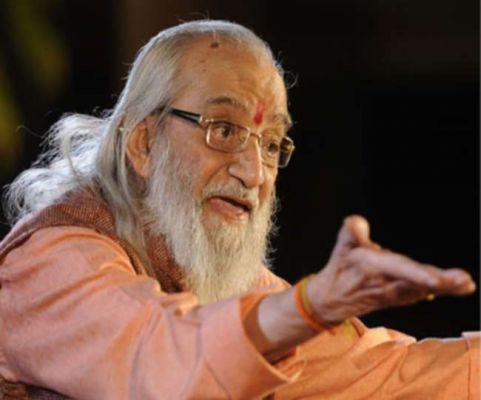
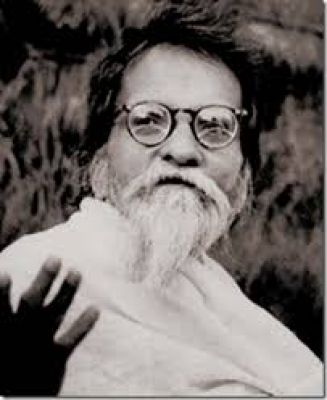

.jpg)
